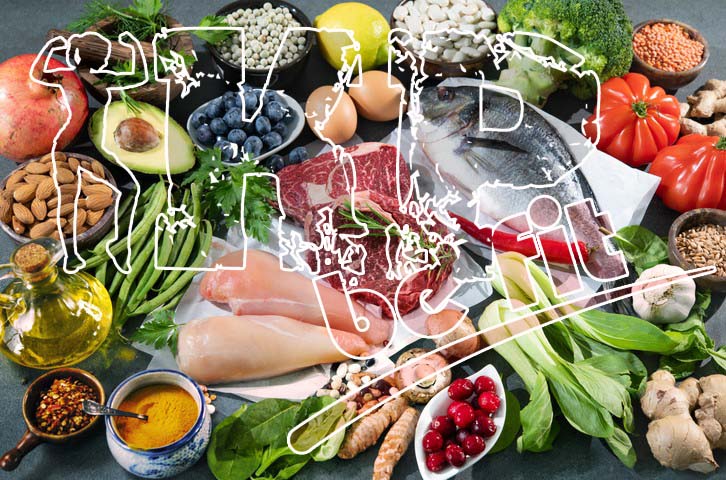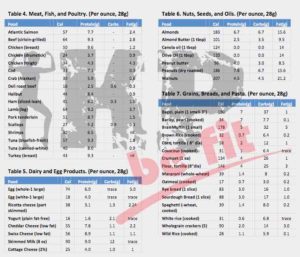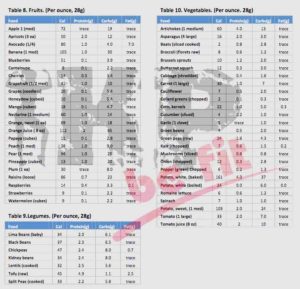
You must be trolling your best friend over that glass of protein shake they might be obsessing over every evening after work – or you may be secretly trying to do peek-a-boo into your athletic neighbour’s vegan steak recipe they are making on Wednesday night. You know, there is always something interestingly mysterious about one macronutrient that keeps us on our toes – how and why is everyone taking it in high amounts able to get that magazine body?
Protein – Yes, that amazing component that makes up most of your body also plays a massive role in weight loss. Let’s see all the how’s and why’s.
A high protein intake boosts metabolism, reduces appetite and changes several weight-regulating hormones. Protein can help you lose weight and belly fat, and it works via several different mechanisms. There is a no-brainer that protein is, in fact, the most important nutrient in weight loss.
Protein Helps Prevent Muscle Loss and Metabolic Slowdown
Weight loss doesn’t always equal fat loss. When you lose weight, muscle mass tends to be reduced as well. However, what you really want to lose is body fat, both subcutaneous fat (under the skin) and visceral fat (around organs). Losing muscle is a side effect of weight loss that most people don’t want. Another side effect of losing weight is that the metabolic rate tends to decrease. In other words, you end up burning fewer calories than you did before you lost weight. This is often referred to as “starvation mode,” and can amount to several hundred fewer calories burned each day. Eating plenty of protein can reduce muscle loss, which should help keep your metabolic rate higher as you lose body fat. Strength training is another major factor that can reduce muscle loss and metabolic slowdown when losing weight. For this reason, a high protein intake and heavy strength training are two incredibly important components of an effective fat loss plan. Not only do they help keep your metabolism high, but they also make sure that what is underneath the fat actually looks good. Without protein and strength training, you may end up looking “skinny-fat” instead of fit and lean.
How The Weight Is Regulating?
Your weight is actively regulated by your brain. In order for your brain to determine when and how much to eat, it processes multiple different types of information. A higher protein intake actually increases levels of the satiety (appetite-reducing) hormones GLP-1, peptide YY and cholecystokinin, while reducing your levels of the hunger hormone ghrelin. By replacing carbs and fat with protein, you reduce the hunger hormone and boost several satiety hormones. This leads to a major reduction in hunger and is the main reason protein helps you lose weight. It can make you eat fewer calories automatically.
Digesting and Metabolizing Protein Burns Calories
After you eat, some calories are used for the purpose of digesting and metabolizing the food. This is often termed the thermic effect of food (TEF). Although not all sources agree on the exact figures, it is clear that protein has a much higher thermic effect (20-30%) compared to carbs (5-10%) and fat (0-3%) (11Trusted Source). If we go with a thermic effect of 30% for protein, this means that 100 calories of protein only end up as 70 usable calories.
Due to the high thermic effect and several other factors, a high protein intake tends to boost metabolism. It makes you burn more calories around the clock, including during sleep! Protein works on both sides of the “calories in vs calories out” equation. It reduces calories in and boosts calories out.
Final Word
Without a doubt, protein IS your best buddy on sunny and rainy days, both when your goal is going to be weight loss. If you are passionate about getting more lean body mass and less fat mass, increasing protein content in your diet is the game you would not want to miss. Also, if you are confused about making all the right calculations that would put your protein requirements to the right use, then don’t hesitate and check out our calorie calculator! Simply add your basic info and get the process started in no time.
List of Protein-rich food:



